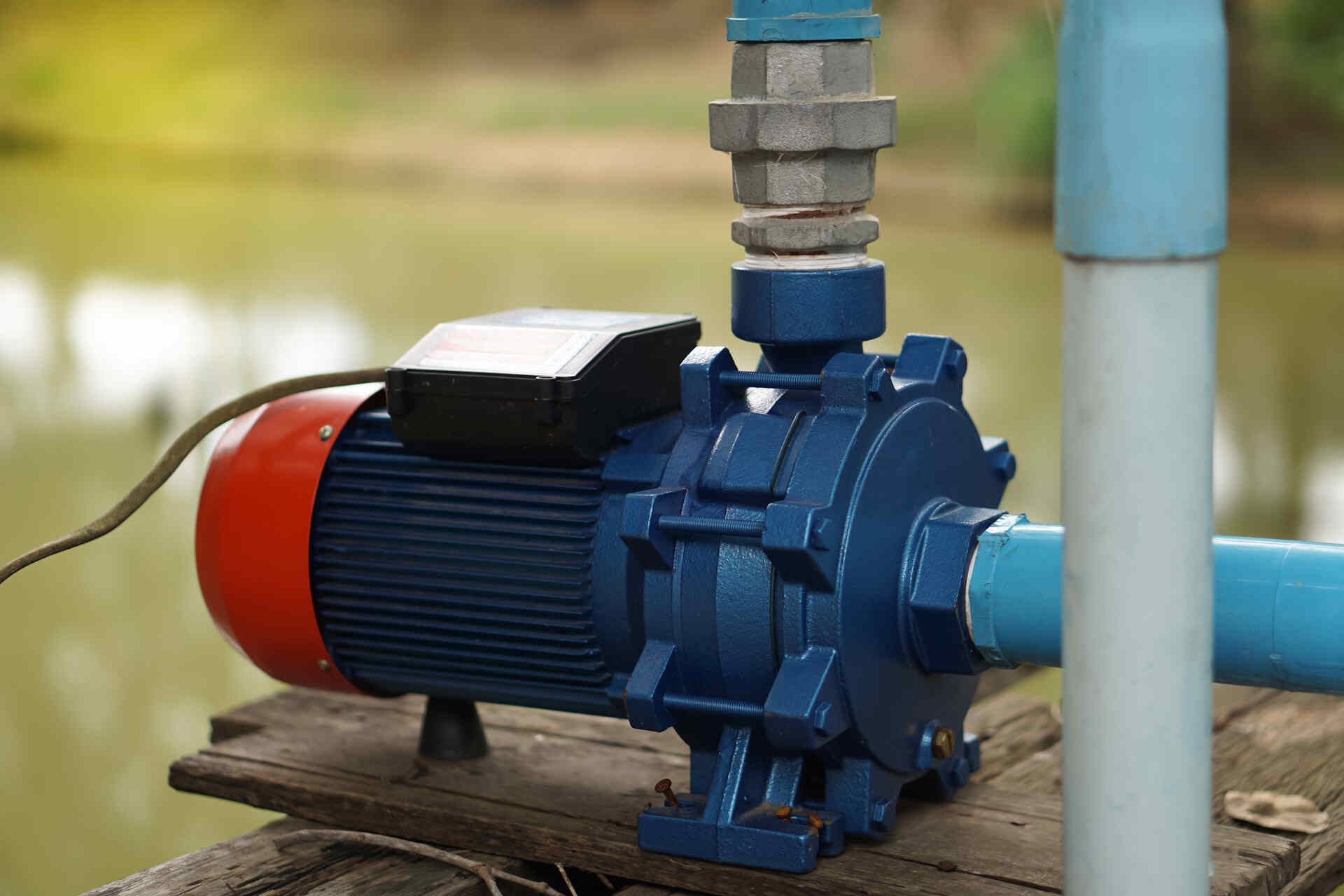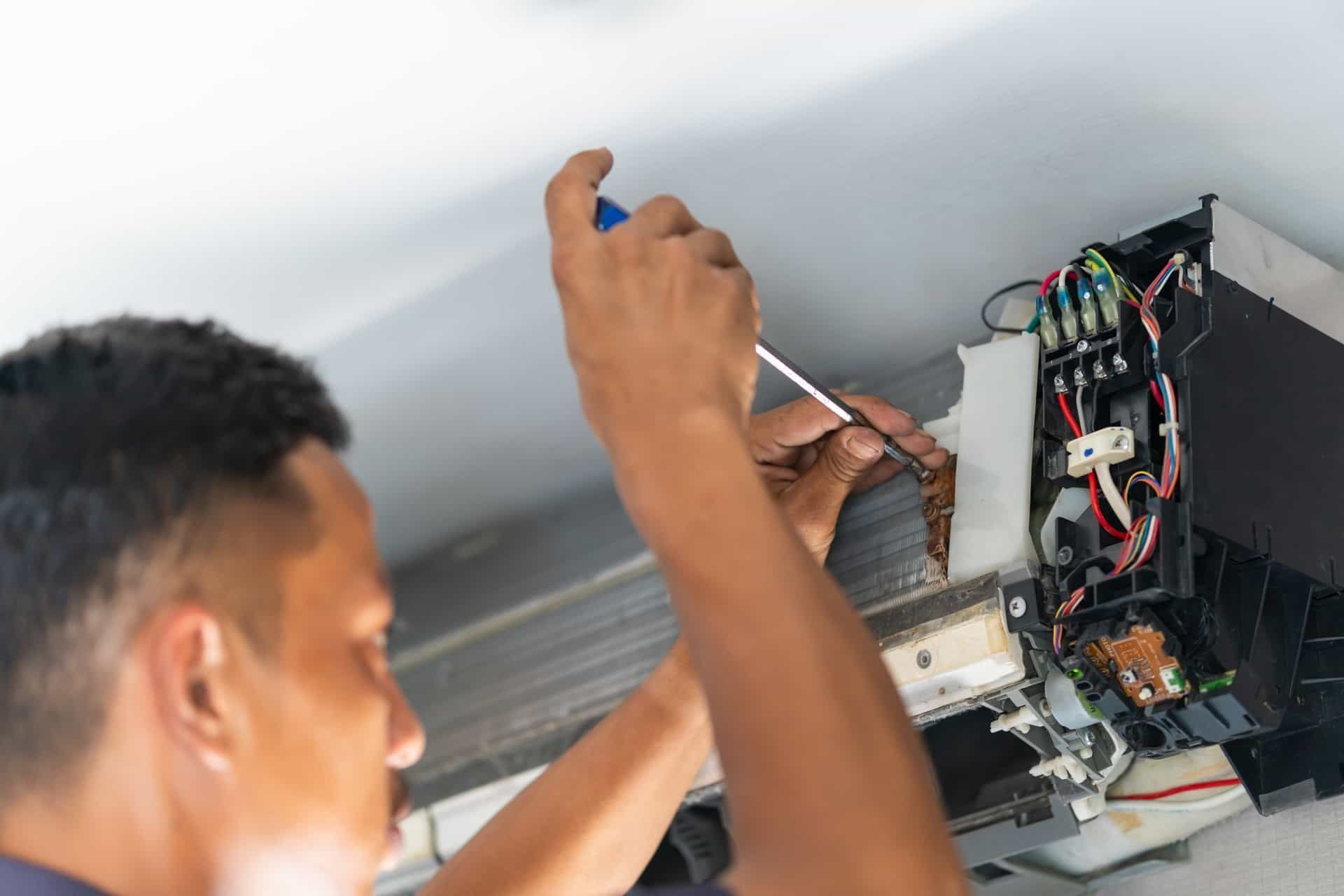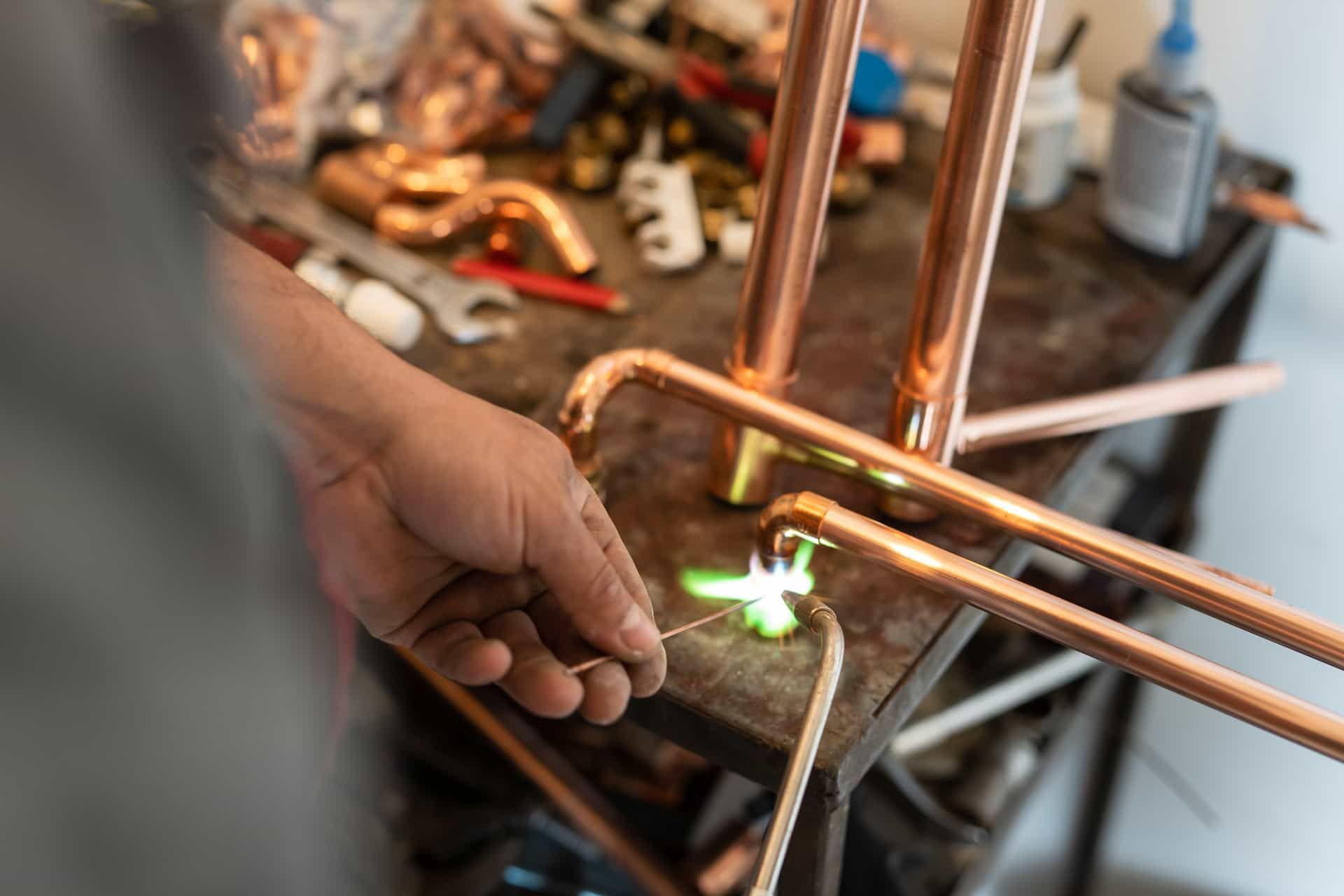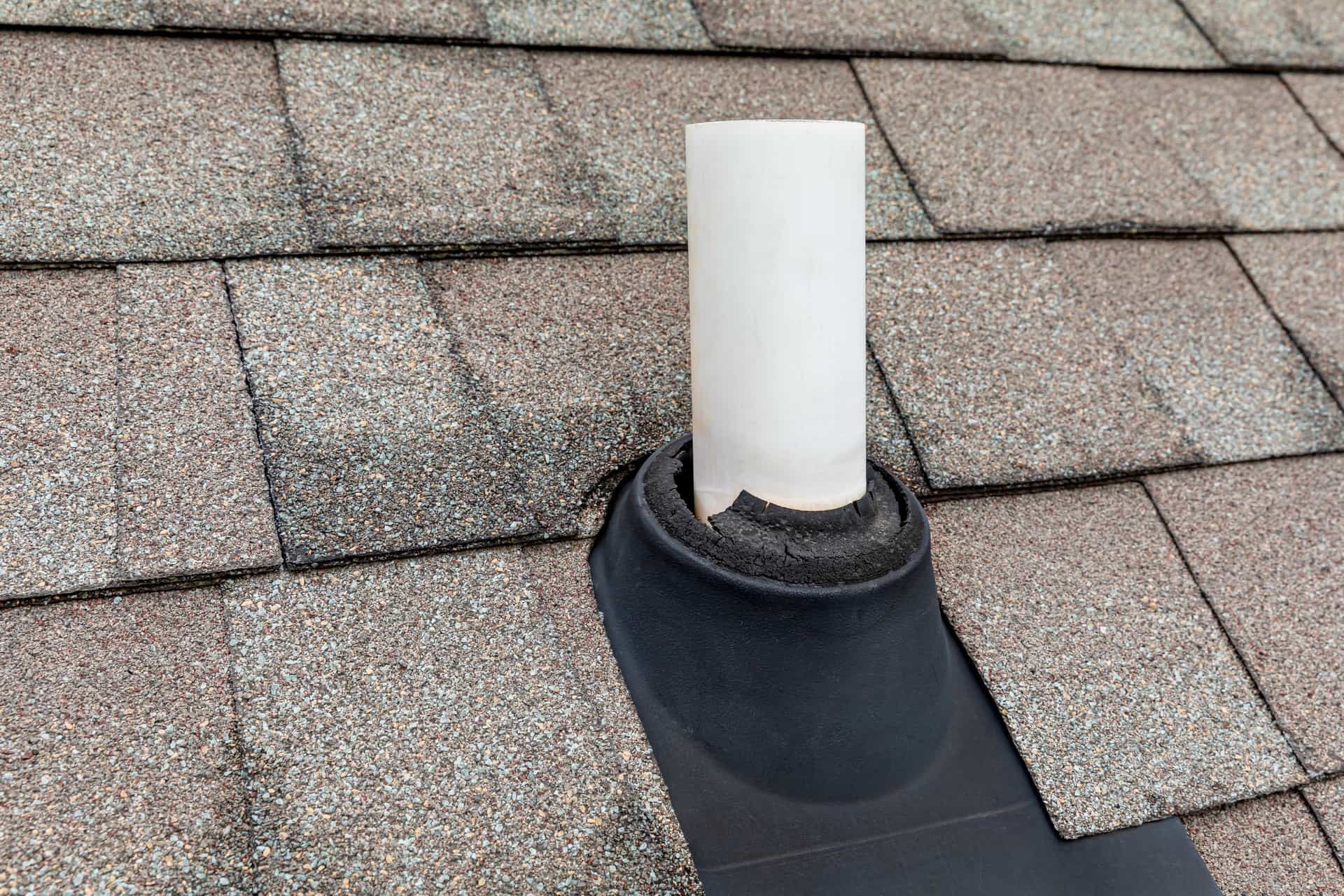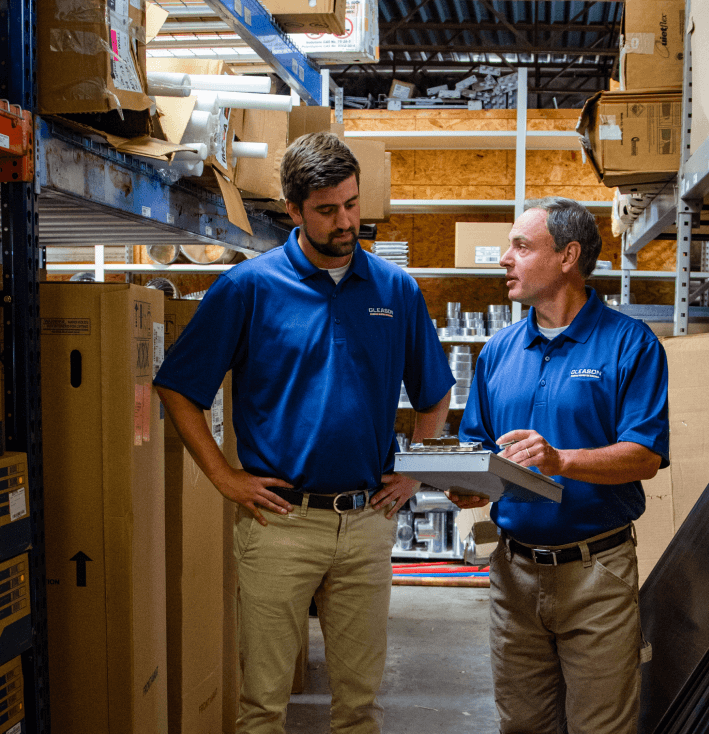Articles
HVAC Contractor Tips and Articles For Your Home
What Is Freon and Why Is It Important?

You might be familiar with the term Freon in the context of air conditioning or refrigeration systems. Have you ever wondered what Freon is? Why is it crucial to ensure comfortable living and working spaces? This blog post delves into the significance of Freon, its functions, and why it is vital for your HVAC system.
What Is Freon?
Freon is a branded term for substances categorized as chlorofluorocarbons (CFCs) and hydrochlorofluorocarbons (HCFCs). These substances are mainly employed as refrigerants in air conditioning and refrigeration units. The prevalent form of Freon utilized in household
air conditioning systems is R 22, a favored option for a period because of its effective cooling properties and reliability as a refrigerant.
Freon functions by moving through the HVAC system, taking in warmth from the air and releasing it outside, effectively cooling the indoor space. This method ensures the coziness of residences and commercial establishments, especially in regions with warm weather conditions.
Why Is Freon Important?
1. Efficient Cooling
The primary importance of Freon lies in its ability to cool air efficiently. When your air conditioner is running, Freon absorbs heat from the air inside your home and expels it outside. This process not only cools your indoor environment but also helps to maintain a consistent and comfortable temperature. Without Freon, your air conditioning system could not provide the cooling power to keep your home or business comfortable, especially during the sweltering summer months.
2. Maintains System Longevity
Freon plays a critical role in maintaining the longevity of your HVAC system. By efficiently absorbing and releasing heat, Freon reduces the strain on your air conditioner's components, such as the compressor and condenser. This reduced strain helps prevent premature wear and tear, ensuring your system operates effectively for years. Regular maintenance and proper Freon levels are vital to extending the life of your air conditioning unit.
3. Energy Efficiency
A well-functioning air conditioning system that uses Freon operates more efficiently, consuming less energy to achieve the desired temperature. This energy efficiency is essential for reducing monthly utility bills and minimizing environmental impact. An air conditioner with low Freon levels has to work harder to cool your space, leading to higher energy consumption and increased wear on the system.
4. Environmental Considerations
While Freon has been a reliable refrigerant for decades, its use has significant environmental implications. The compounds found in Freon, CFCs, and HCFCs have been found to deplete the ozone layer, which protects the Earth from harmful ultraviolet (UV) radiation. This depletion has increased UV exposure, contributing to skin cancer, cataracts, other health issues, and environmental problems like global warming.
In response to these concerns, the production and use of Freon (specifically R-22) have been phased out under international agreements like the Montreal Protocol. As of January 1, 2020, the production and import of R-22 in the United States were banned. However, existing systems that use R-22 can still operate, and recycled or reclaimed R-22 is still available for maintenance.
5. Transition to Eco-Friendly Alternatives
Due to Freon's environmental impact, there has been a significant shift towards more eco-friendly refrigerants in recent years. Alternatives like R-410A, which do not deplete the ozone layer, have become the new standard for residential and commercial HVAC systems. These newer refrigerants offer improved efficiency and reduced environmental impact, making them a better choice for the future. Regular
HVAC maintenance ensures your system operates efficiently with these eco-friendly refrigerants, maximizing performance while minimizing environmental harm.
Suppose your air conditioning system still uses Freon (R-22). In that case, consider an upgrade to a newer system that uses a more environmentally friendly refrigerant. Not only will this help reduce your carbon footprint, but it can also improve the efficiency of your cooling system and lower your energy costs.
Conclusion
For years, Freon has played a crucial role in air conditioning and refrigeration systems, ensuring effective cooling and maintaining pleasant indoor temperatures. However, due to its environmental impact, there has been a shift towards using environmentally friendly alternatives. Understanding how Freon functions in your HVAC system can guide you in making informed choices regarding maintenance, upgrades, and energy efficiency.
If you have been searching the internet for “HVAC companies near me,” the search ends here! Gleason Heating and Air Conditioning is a trusted HVAC contractor in Wauconda, IL, providing top-rated heating, air conditioning, plumbing, and electrical services. Whether you live in Wauconda, IL, or the Northern Chicago Suburbs, we offer same-day service for furnace repairs, frozen pipe repairs, leaking water heaters, new furnace installations, AC repairs, and system maintenance. Our team is committed to total customer satisfaction, and we follow up after each job to ensure everything is done to your satisfaction
Disclaimer: The information on this website and blog is for general informational purposes only and is not professional advice. We make no guarantees of accuracy or completeness. We disclaim all liability for errors, omissions, or reliance on this content. Always consult a qualified professional for specific guidance.

